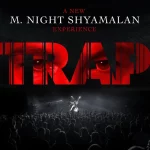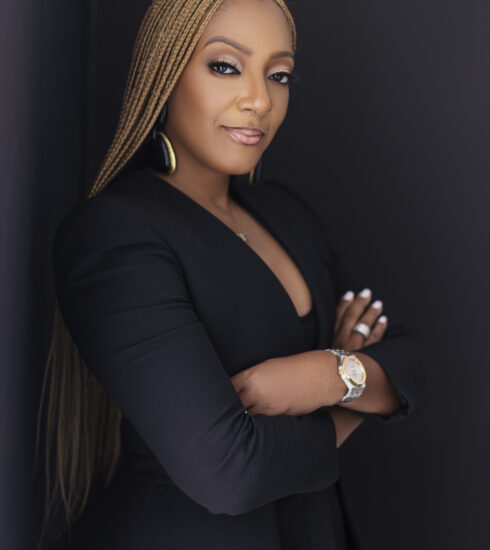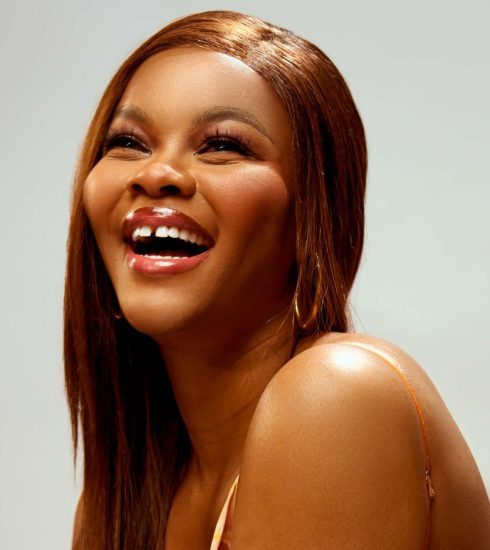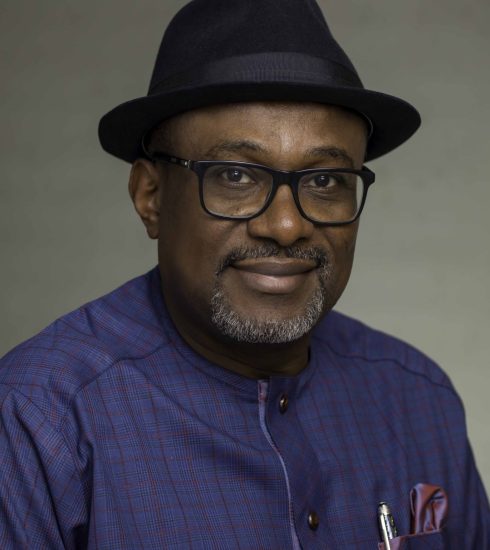The Re-emergence: Inside Gideon Okeke’s World
Gideon Okeke, a celebrated actor in Nigerian cinema, is set to make a big-time comeback after a hiatus that left fans eagerly awaiting his return.
With a career spanning over a decade, Gideon has earned a reputation as a versatile and compelling actor known for his memorable roles in both film and television. His break from the spotlight allowed him to recharge and explore new creative avenues, and now, he’s back with a bang.
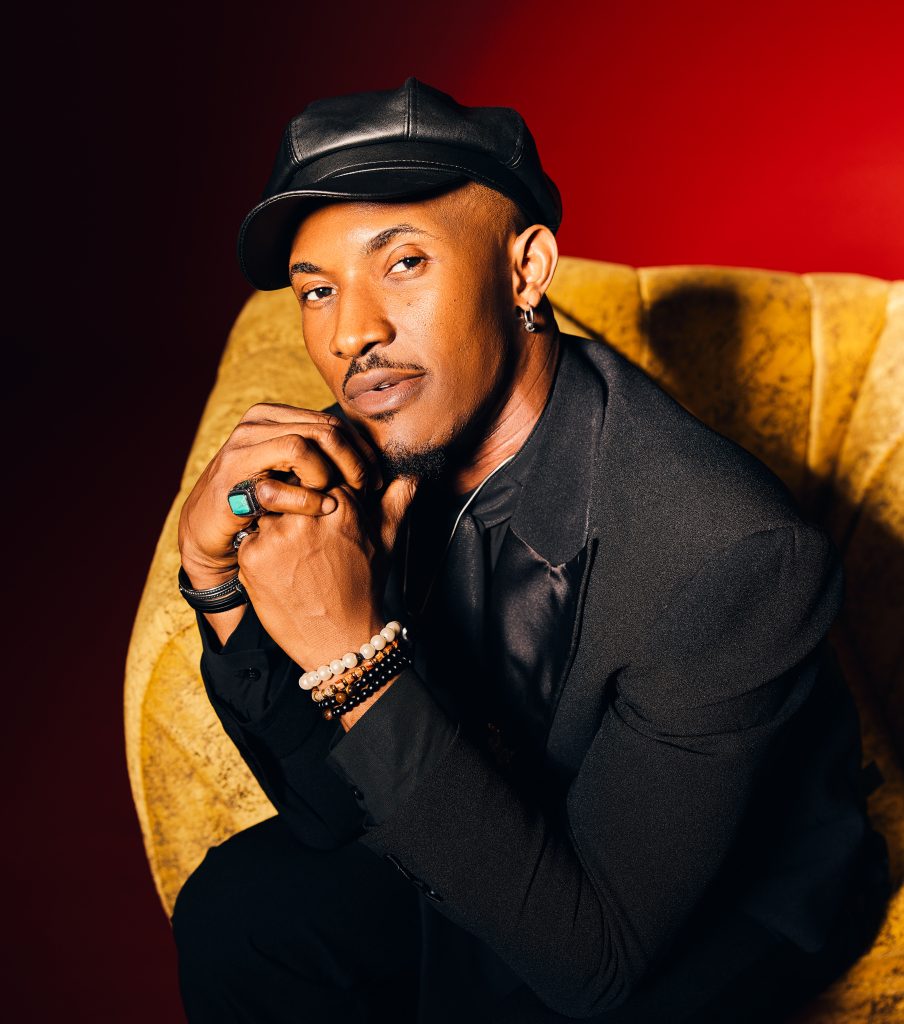 With new movies under his belt and already generating buzz, Gideon still showcases his undeniable talent and renewed passion for storytelling. As Gideon steps back into the limelight, audiences can expect a performance that reflects his growth and dedication to his craft. This return not only marks a significant moment in his career but also reaffirms his status as one of Nigeria’s most respected actors.
With new movies under his belt and already generating buzz, Gideon still showcases his undeniable talent and renewed passion for storytelling. As Gideon steps back into the limelight, audiences can expect a performance that reflects his growth and dedication to his craft. This return not only marks a significant moment in his career but also reaffirms his status as one of Nigeria’s most respected actors.
In this special interview with THEWILL DOWNTOWN’s Johnson Chukwueke, Gideon Okeke discusses his journey, experiences, and comeback in the film industry.
Over the years, how have you seen yourself evolve as an actor, and what key experiences have contributed to that growth?
So, I will say every opportunity I have been exposed to has been influential in emboldening my passion for what I do. With every opportunity I get, I see myself grow. You are as good as the chances you get. So, with every opportunity, I see myself evolve through characters and grow through it, but what I will credit that growth to is that seamless evolution is training. I like to believe training is very essential as a backing to talent. As much as we learn on the job, there is also a language of film. There is a dogma of film that is studied at film or drama schools.
I will give you a little example, there are two guys playing a video game, one guy is just succeeding by tapping the buttons anyhow he likes, but the other guy just knows the combination, if he gives the combination just twice, he wins, so training is what makes you different and exceptional, so I will credit that growth to training.
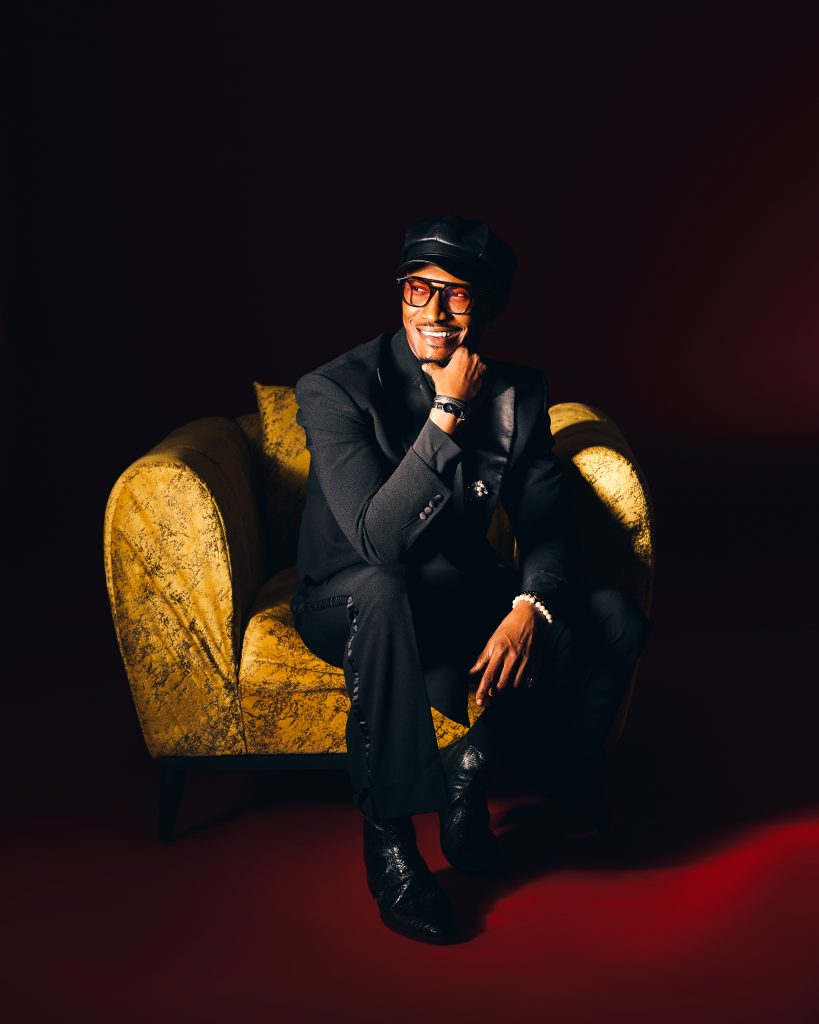 How do you handle the pressure and expectations that come with being a well-known figure in the Nigerian entertainment industry?
How do you handle the pressure and expectations that come with being a well-known figure in the Nigerian entertainment industry?
Well, I like to think that I am excused from the pressure of those things because I like to live a normal life, I like to be myself, I enjoy the luxury of blending into society. I go into the market, I do the normal things, so if you are looking at me, you are looking at me, so I enjoy the luxury of living a simple and normal life, I don’t see so much of those pressure. But that is relative cause those pressures are tied to fame, so I will say it’s relative because today you are 30 percent famous, tomorrow you are 100 percent famous, so once I think I can sync into society, that can change tomorrow.
What has been the most challenging role you’ve played, and how did it push you out of your comfort zone?
I have played quite a few roles in the last two years, all of them peculiarly challenging. Tokunbo was very physically tedious for whoever was going to play the character. It didn’t even have to be me; that character role had a lot of work to do, so it was physically demanding, but we got around that. From that, my next film had me jumping from the Falomo bridge into the water. What prepares me from that, I don’t even know. Further from that, I am jumping the Ikeja bridge to a moving truck to escape from my assailants, so it’s like every last feat emboldens me more to embrace new things, and it’s not like I go out looking for new things. People have now become aware that there’s a guy who thinks he likes to do it; let’s go to him. Tokunbo sparked a certain dust, and it has had people come my way, so I can’t say which has been the most challenging; I think the most challenging thing is to see a good script and say no to it.
Who have been your mentors or role models in the industry, and how have they influenced your career choices?
I have picked different things from different people, from everybody, actually; I have drawn inspiration from everyone. But there are people of note whose works I really admire: Gabriel Afoloyan, Richard-Mofe Damijo, Femi Odugbemi, who is a mentor to me, and Madam Bolanle as well. I have just been lucky to be around aficionados of the arts, and they have rubbed off on me. Then, for role models, well, I am a role model for myself, but of course, I admire character traits in different people while also working on my best self.
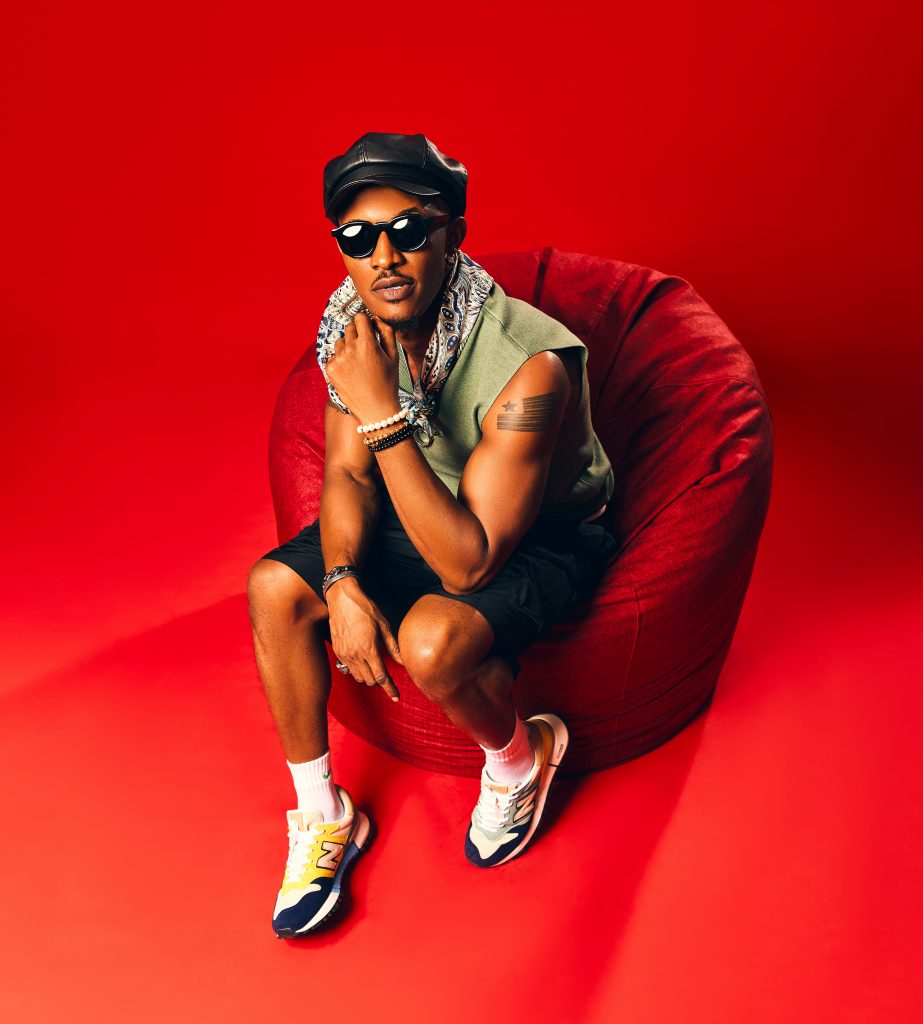 With so many years in the industry, how do you continue to find passion and excitement in your work?
With so many years in the industry, how do you continue to find passion and excitement in your work?
You just have to love what you do, whether it is a calling or if it is an itch in your heart to perform, to do what we do, you would not be any place else in the world than here, and here is where your two feet are. If this is what you love, then you will find yourself here. The passion comes from the love of it; we don’t earn our worth, but we still show up to work; you can’t pay a performer enough; we only accept what we accept. But beyond that is the love for what you do, it’s like if you don’t do it, you are inexistent, it is like an identity, let’s say it’s natural, it’s just unexplainable. Al Pacino will say “Give yourself 20 years in the business and see if you really want to be an actor”, so it’s just about your passion.
Can you share a personal experience or moment in your life that had a profound impact on your career trajectory?
I got hurt by a contract one time, and it made me very bitter at work, but the best way I could respond was to go to drama school and learn more about what the contract made me go through. So it hurt me so much that I had to go to school and find out more, and I found out more and also realised I wasn’t wrong. That moment in my career totally changed my outlook on the business, it made me so much better.
How do you balance your professional life with your personal life, especially when both can be demanding?
I’m in a different space right now in my career, and in my personal life. The past two years I have been working on a comeback, I think I have 10 films to prove it, so I haven’t had a personal life in the past two years. My personal life has been work because of my comeback, and my work is tied to my well-being and my well-being is my identity. Like I said about fame, it is relative, it could change tomorrow. Right now, I will say I am taking a break soon. I will take a break and get my time back after all of the work for two years.
What legacy do you hope to leave behind, both in the Nigerian movie industry and in your personal life?
I will say the legacy of inspiration. Inspiration is one of the reasons we are here on earth, to make the other man believe that he can because you did. I think it was Thomas Jefferson who said, “To have lived is to make life easy for other people.” The legacy of inspiration for me is hard work, discipline, and a lot of godliness. People should look at you and see the God factor. In everything that I do within my career, I just hope to be the beacon of personal excellence for people to reach within themselves and find the star inside them. I just want them to see me and believe they can find that star. I want them to think “Hey, he walked this path, and because he did, I want to do so too.”
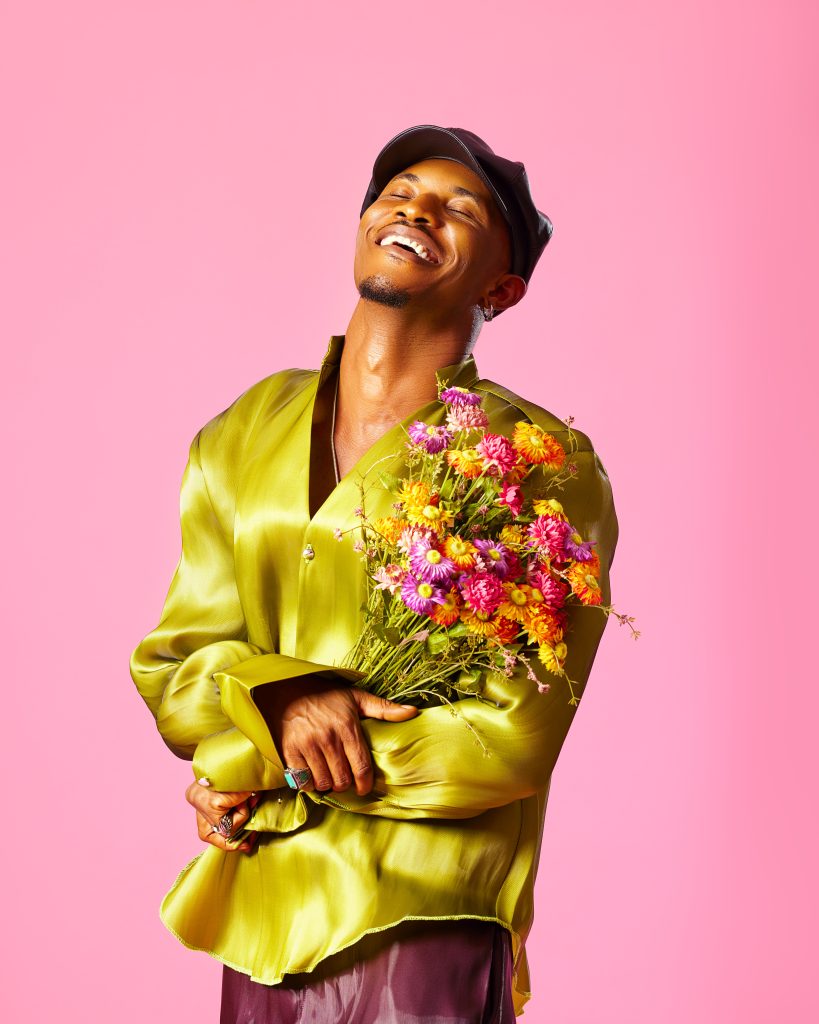 Looking back, what advice would you give to your younger self when you first started out in the industry?
Looking back, what advice would you give to your younger self when you first started out in the industry?
I will tell him “There’s a long road ahead of you, kid, don’t run faster than yourself”. Why I said so is because sometimes you can be ahead of your time, and even that can be frustrating cause you are ahead of your time. You are not within the ambits of what works in your time, so you won’t fit in. Time has to be caught up with you, so it’s going to be frustrating as you have gone far, but it’s you alone in that time, and it’s only a few people who get it. So it’s either you wait for time to catch up with you, or you choose to backtrack to where society is. It’s like having a Ferrari, and you are in Lekki traffic, the bad roads and traffic; it’s frustrating; the car is built for speed; it wants to run; you should be in Abuja, not Lagos. So that’s what has been my story, I have waited, and time has caught up with me. Everything I wanted to do in my twenties is what I am doing now. I will tell myself “You are ahead of your time, but you need to be patient with time, and time is your ally.”
Your new movie, Tokunbo deals with high-stakes situations. How did you prepare to embody a character with such intense pressure?
Let me put it this way, I just had the chance to make the movie I want to watch because the movie I want to watch isn’t out there yet, so this script coming into my hands was an opportunity to make a movie that nobody had seen before, to do stuff that nobody had done, so that alone was fuel to me. I just want to do stuff that they have not done and that they did not think of; it was just a blank cheque to do something that we have not engaged in. I will say I was 100 per cent prepared and partly lucky; this is the kind of stuff I always wanted to do. I will be honest with you: without taking the light out of Tokunbo, I beat my own record in other films. When Tokunbo came to me, it was a chance to do something nobody had done, now I finished Tokunbo and I got other ones, and it was a chance again to top what I have done that nobody has done, so it’s like I am chasing my personal best, my own record. So for Tokunbo, to do all those things, I was out of commission for seven years, so I got the script and I was like yeah, let’s do it.
What was the most challenging aspect of your role in Tokunbo, and how did you overcome it?
Let me tell you a secret, the guy in the film was going through something as such in real life. It was something like if I needed energy, I just looked at my phone and got that energy that I needed, and I got back to work. The guy in the film was going through it as the guy in real life. Part of my joy is that I used it to make a good film, that was pepper to me and I used it to make pepper soup.
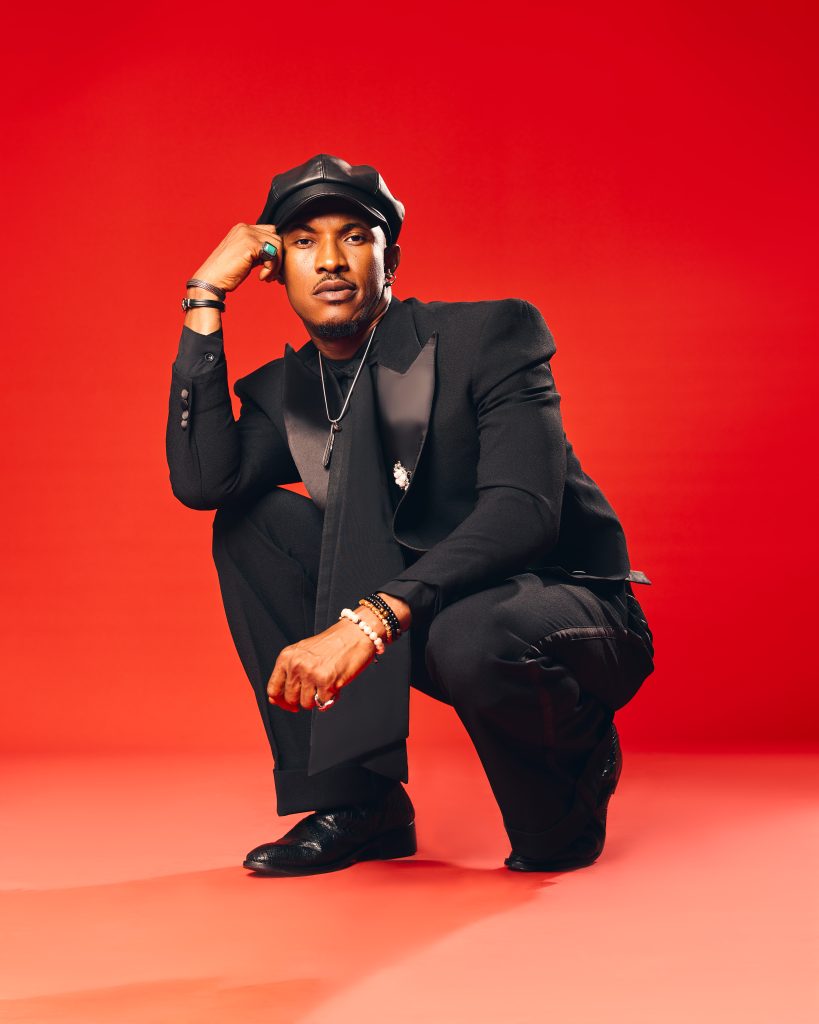 How did your previous acting experiences influence your portrayal of your character in Tokunbo?
How did your previous acting experiences influence your portrayal of your character in Tokunbo?
Like I said, I have grown through every character I have played, I have watched my work grow. When I started, I spoke very fast, I still speak fast though, but now I can hear myself more, when I started, a director called me “Mr miles per hour” because of how fast I spoke. He liked it but said I had to slow it down a little bit for some people to listen because they might not catch what I said. But today I have mastered myself a little more, and I speak in beats now, I speak in moments, in breaths. I have grown through every character, and Tokunbo was an opportunity to do what I have not done, what I have not seen, this wasn’t a stunt-man type of thing, I did it myself.
What message or impact do you hope your character will have on viewers after watching Tokunbo?
I hope it makes them love what they do; if you are a cleaner, I hope it makes you go back to that floor and clean it so well until it shines. I hope that when you watch it, you never give up on what you believe in; you never give up, you just keep going, you stay just so you can find out. You know how after church, you leave church with so much energy inside you? That’s the type of impact I hope they will have after watching the film.


